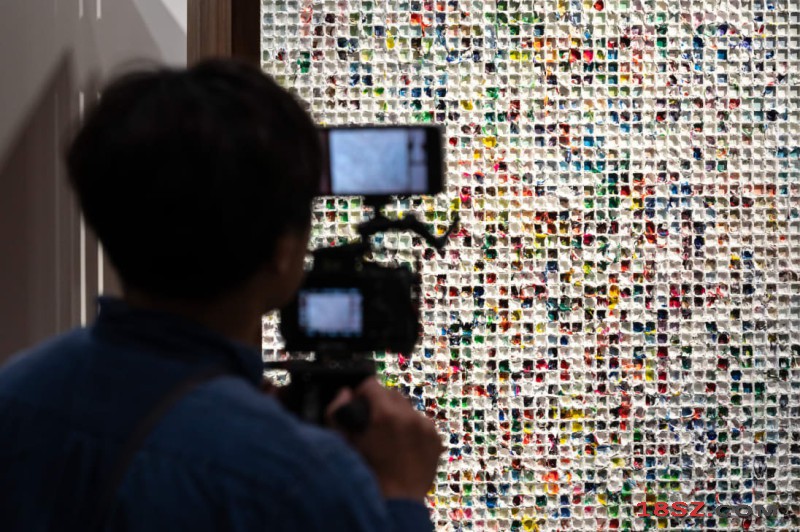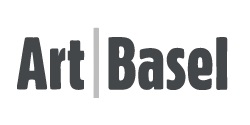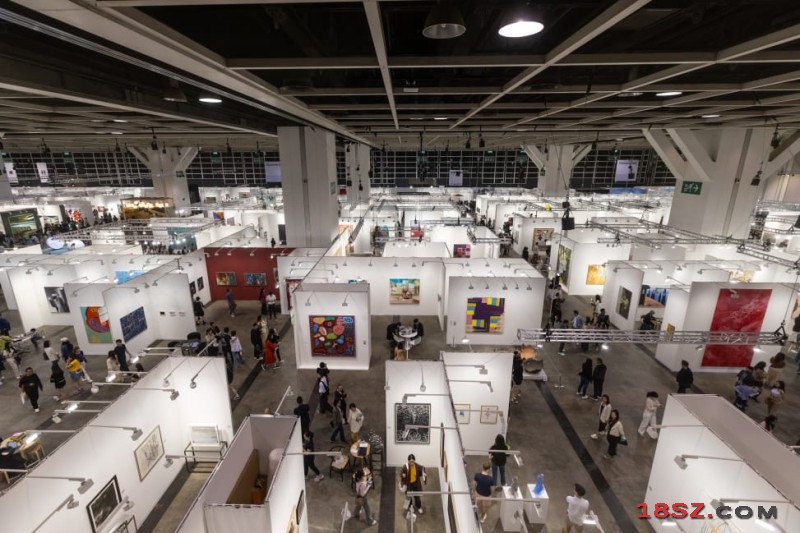
香港巴塞尔艺术展览会(Art basel Hongkong)是亚洲最专业的艺术品及贸易展览会,该展一年一届,在香港湾仔会展中心举行。作为亚洲举行的巴塞尔艺术展香港展会,呈献亚洲区内以至全球的顶级艺廊参展。在云云参展艺廊中,半数于亚洲及亚太地区设有展览场地。香港展会将继续呈现区内多元的艺术视野、历史素材及由知名与新晋艺术家的前瞻作品,为观众带来崭新的艺术体验。
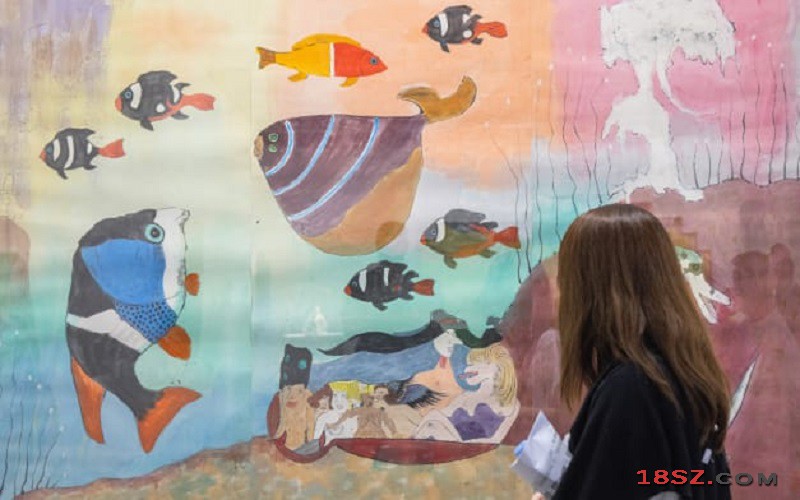
巴塞尔艺术展视每一位对全球艺术界作出实质贡献的人士为重要的贵宾。贵宾名册由私人收藏家、艺术机构及博物馆领导人物、艺术策展人、艺术顾问和国际知名艺术家组成,每个名字共同缔造出巴塞尔艺术展在艺术界无可取代的地位。贵宾在展会期间获邀率先参与一系列专享节目,包括贵宾预展、优先导赏,以及全年在展会以外举行的各类型活动邀请。
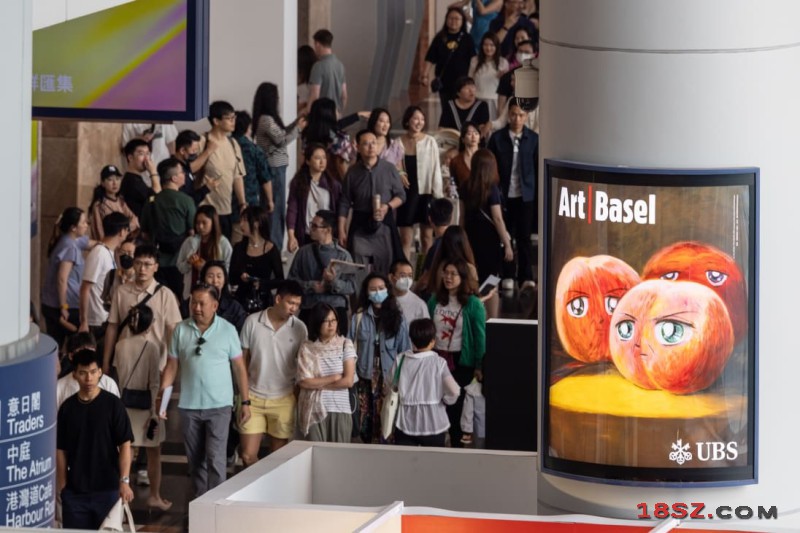
巴塞尔艺术展深信艺廊在推广及发展视觉艺术上,扮演举足轻重的角色,并提供机会予不同类型的艺廊参展。参展的艺廊必须通过巴塞尔艺术展评选委员会的严格挑选,确保每一个展会都带来世界级水平的当代艺术作品。
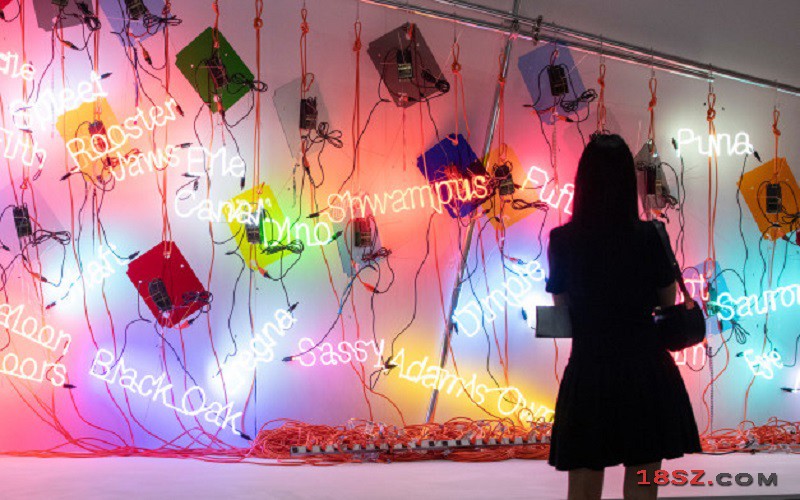
巴塞尔艺术展与企业伙伴保持密切的合作关系,本着共同的抱负去创造国际顶级艺术交流平台及推动全球艺术界的发展。基于彼此对艺术的极致追求,使每个巴塞尔艺术展都有着超越往绩的动力,为展会增添活力。
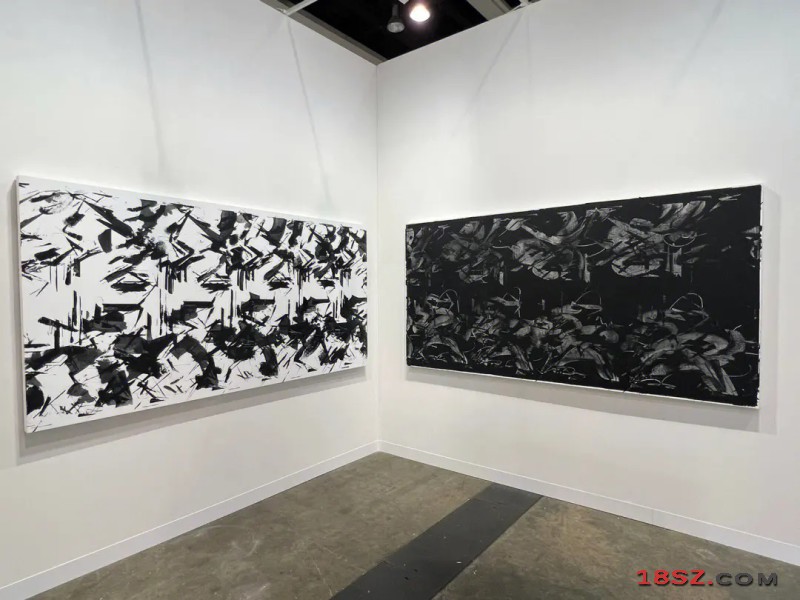
伙伴专享待遇伙伴的支持对各类型文化活动尤其重要。巴塞尔艺术展的伙伴专享待遇涵盖品牌互动推广、伙伴的客户可参与展会的贵宾预展、享用会场贵宾室、读取独家展览信息及参与贵宾活动、推荐特邀贵宾名单、获享艺术发展或拓展项目的全年顾问及支持服务。与伙伴的长久合作关系,引证巴塞尔艺术展的团队竭诚及有效地为伙伴提供发展方案与策略,实现他们的目标。
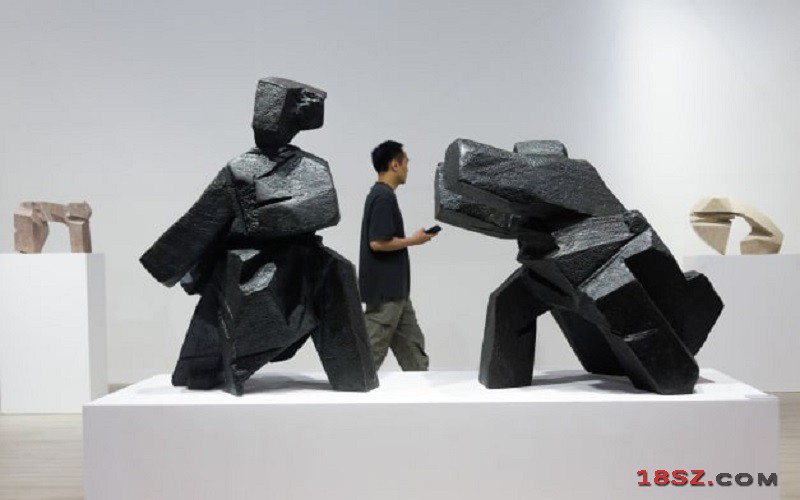
巴塞尔艺术展的全球主要合作伙伴瑞银集团(UBS),多年来鼎力支持当代艺术,并拥有世上最优秀的当代艺术收藏之一。瑞银集团向来积极支持世界各地的当代艺术项目,如古根汉美术馆瑞银MAP全球艺术行动(Guggenheim UBS MAP Global Art Initiative),同时亦透过瑞银艺术中心(UBS Art Competence Center)、瑞银艺术论坛及新开发的当代艺术信息应用程序「Planet Art」致力提供艺术信息及远见。
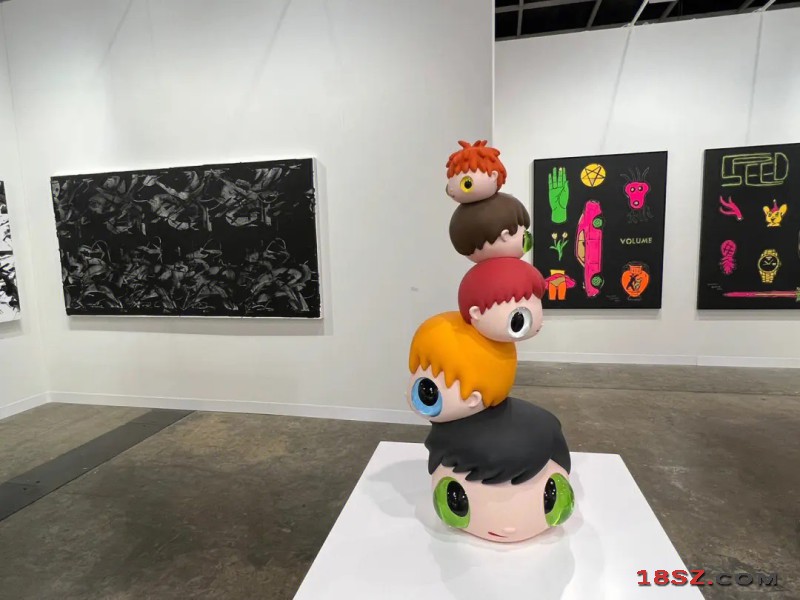
此外,巴塞尔艺术展与瑞银集团发表首份《巴塞尔艺术展与瑞银集团环球艺术市场报告》。这份由著名作家Clare McAndrew博士名的年度研究报告,涵盖国际市场的每个环节,并胪列过去一年最重要的发展领域。
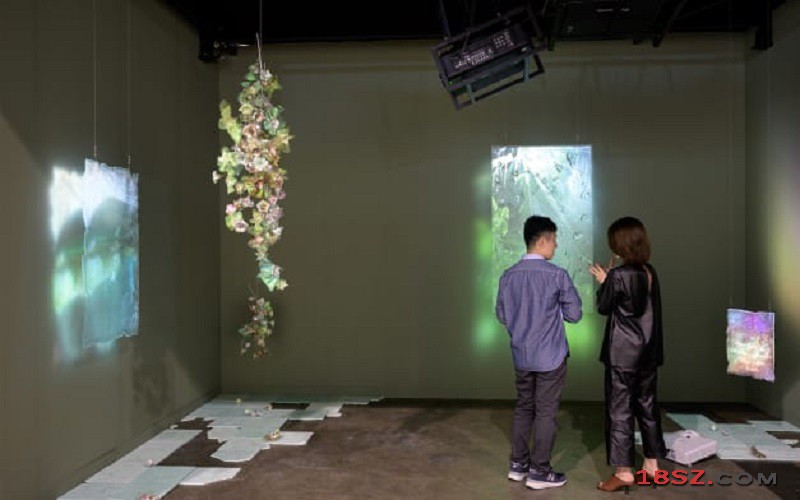
展品范围(Show Products):
画作、雕塑、绘画、装置、摄影作品、电影、录像及数码艺术等当代艺术。
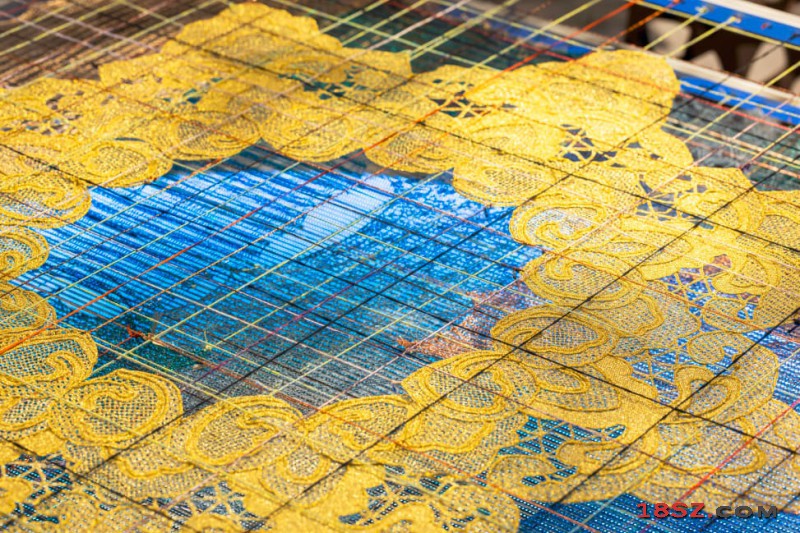
展会报告(Show Reports):
Speaking at length about the Yawanawá project in the keynote conversation, moderated by Obrist, Anadol described travelling to the Amazon rainforest with his partner, Efsun Erkiliç. They spent time with Chief Nixiwaka Yawanawá and worked closely with two self-taught indigenous artists, Nawashahu and Mukashahu, using elements from their vibrant paintings to create a series of 1,000 data paintings sold as NFTs. Drawing on real-time weather data from their Amazonian village, the hypnotic data paintings are filled with multi-colored wave-like forms that surge, swirl, and transform. ‘People only see the surface [of NFT art] but there can be enormous social impact beyond the pixels,’ said Anadol, who is donating all funds from the sales of the NFTs back to the Yawanawá community.
Describing such AI-generated data paintings as constantly changing ‘living organisms,’ Obrist noted that, unlike conventional video works, which repeat on a loop, generative art like this can be more appealing to collectors because, when they wake up in the morning, they’ll see something different from when they went to sleep. He added that it also has huge potential for public art, which reaches audiences who may not enter museums: ’Now you can have digital artworks which change all the time; people can see something different every day on their way to work.’
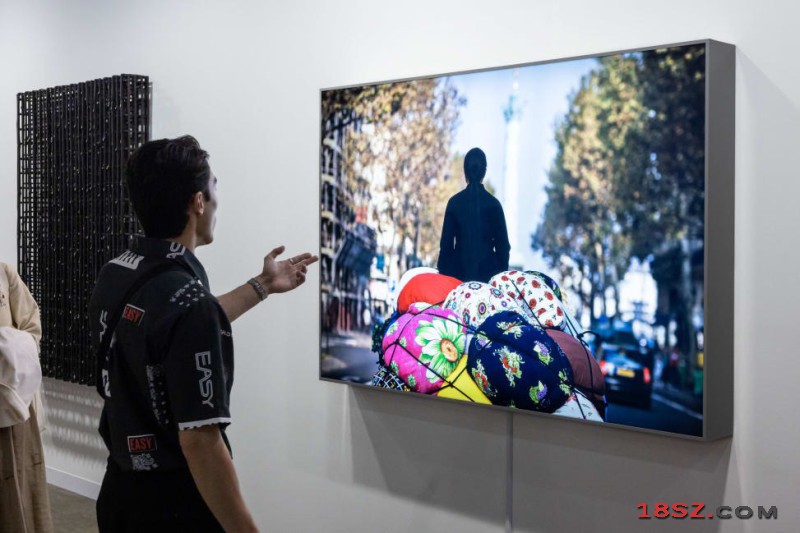
Obrist spoke of the need to reinvent institutions to incorporate more digital experiments. Anadol then shared his vision for his new museum and Web3 platform DATALAND, which is dedicated to data visualization and AI arts and due to open next year. ‘We realized that, maybe, there is a world we can invent by embedding media arts into architecture in the physical world…We are speculating about a new field I’m calling generated reality,’ says the artist of creating multi-sensory, immersive environments where you can not only see but also hear, touch, and smell AI-generated art.
AOI, an anonymous NFT collector who runs a multidisciplinary art and tech agency, also spoke about new ways to display digital art. While he typically doesn’t appear in public, the young collector spoke candidly about his collecting journey and various initiatives supporting artists in the space. ‘I think the future…will be using augmented reality to create these beautifully designed architectural masterpieces that anyone can experience by putting on a headset…Or entering an immersive room and experiencing artwork that takes over your whole body,’ he said, explaining that he has created a metaverse museum inspired by Naoshima Island in Japan.
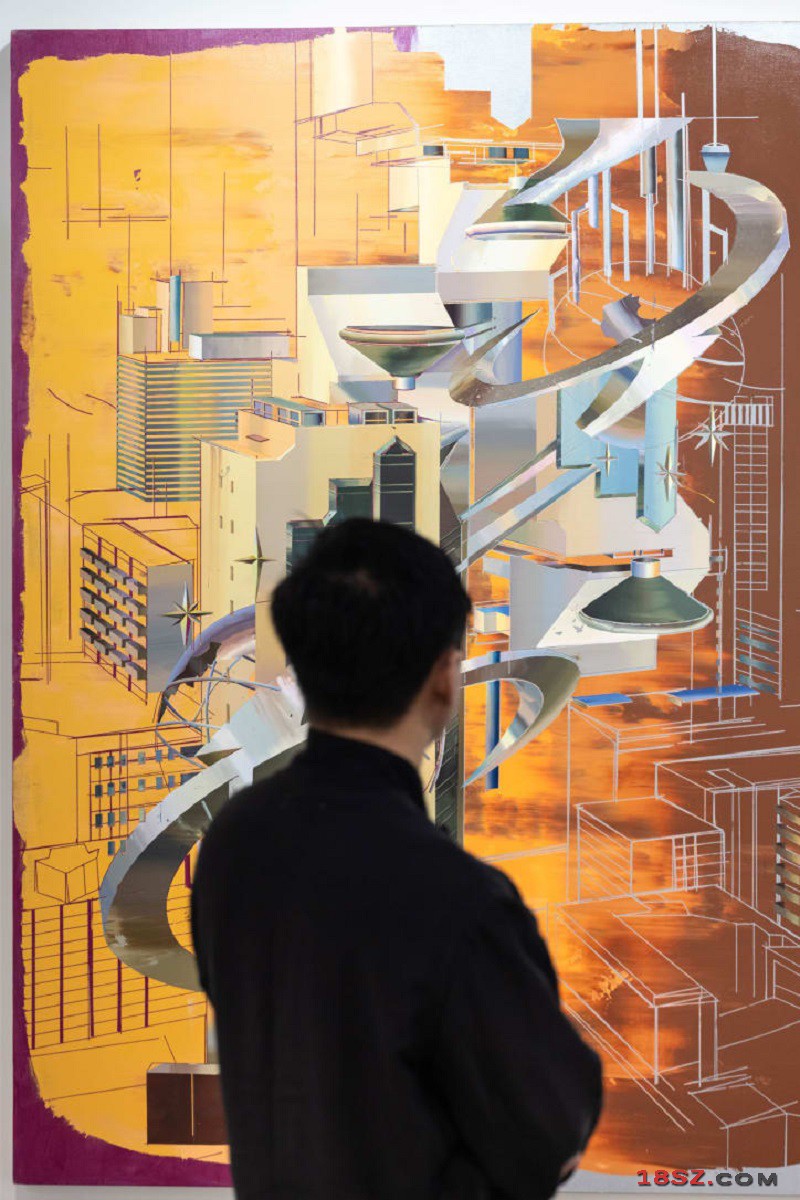
Museum representatives also shared their experiences in the field, describing how they built NFT task forces to get to grips with collecting such a complex medium. Celia Yang, Head of Director’s Strategic Initiatives at Los Angeles County Museum of Art (LACMA), spoke about the museum’s collaborations with celebrities such as Paris Hilton with whom they established a fund to collect female digital artists. ‘It was such an important thing to do because there were so many male figureheads in the space and we wanted to create a platform for female voices as well,’ says Yang. Last year, LACMA also received a major donation from famed NFT collector Cozomo de’ Medici, which was the largest collection of artworks minted on blockchain to be acquired by an American art museum. Aside from donations, Yang said they are actively collecting digital art and helping to educate the art world through informative blog posts.
In another panel, Hong Kong-based collector Alan Lau said the forum’s openness was refreshing. ‘A session like this would be unthinkable in the traditional art world, where few people share their collections. It’s the complete opposite with NFTs.’ Asked what advice he would give to newcomers to the field, he replied: ‘Get a sense of the community before you buy. It is easy, accessible, and democratic.’
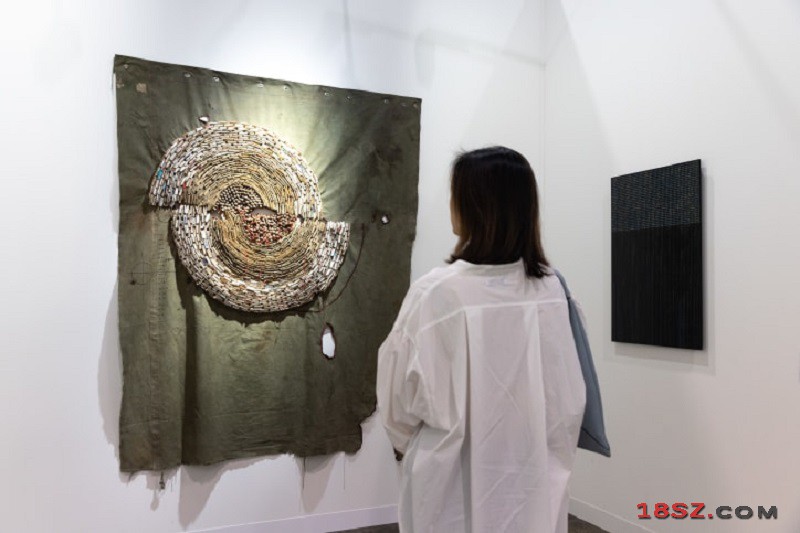
The word community cropped up in every conversation at the forum. ‘You hear that word all the time when it comes to blockchain or digital art. But it’s not just a word, it’s attached to real experiences,’ says Anadol. ‘The traditional art world is still very slow and skeptical…I’m grateful that there is another world where we can create, think, and share more together.’
Credits and Captions
Payal Uttam is an independent writer and editor who divides her time between Hong Kong and Singapore. She contributes to a range of publications including Artsy, The Art Newspaper, South China Morning Post, and The Wall Street Journal.
